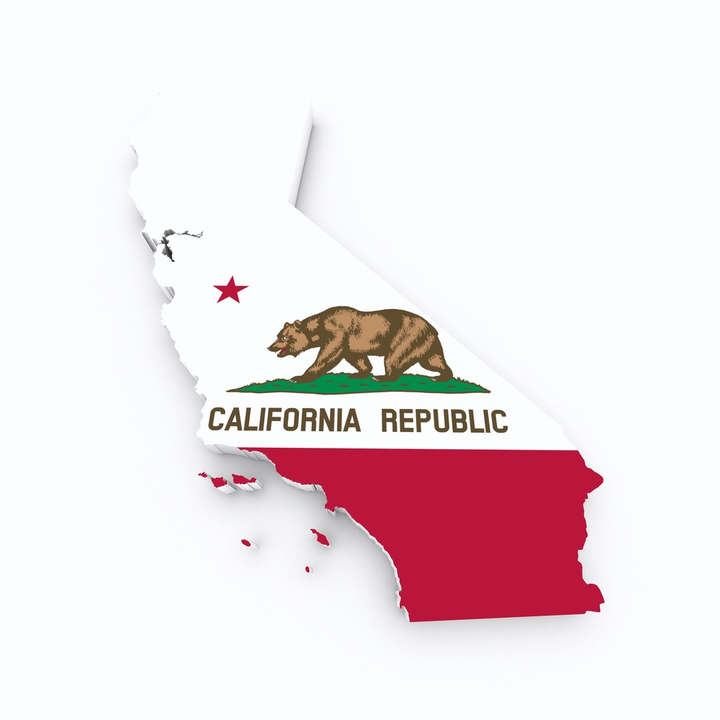
AB 133 Requires Data Sharing Between Healthcare Organizations
On July 27, 2021, Governor Gavin Newsom signed into law health care trailer bill AB 133 which aims to transform healthcare for Californians by expanding Medi-Cal eligibility, investing in behavioral health initiatives, and requiring providers and health plans to share data with each other by 2024.
AB 133 also requires the creation of a framework for the seamless and secure exchange of this data in real time between healthcare entities across the state, and the convening of a Stakeholder Advisory Group to advise on the development and implementation of the data exchange framework.
Here are FAQs regarding the health information exchange provisions in AB 133:
Who will be required to share data under AB 133?
AB 133 requires all “specified entities” to “exchange health information or provide access to health information to and from” other specified entities in real-time, as defined in the bill, by January 31, 2024.
Specified entities include general acute care hospitals, physician organizations and medical groups, skilled nursing facilities, health care service plans, disability insurers, Medi-Cal Managed Care Plans, clinical laboratories, and acute psychiatric hospitals.
Are there any healthcare entities that will be exempt or be granted an extension to the 2024 deadline?
Certain health care providers do not need to meet the data sharing mandate until January 31, 2026. This includes physician practices of fewer than 25 physicians, rehabilitation hospitals, long-term acute care hospitals, acute psychiatric hospitals, critical access hospitals, and rural general acute care hospitals with fewer than 100 acute care beds, state-run acute psychiatric hospitals, and any nonprofit clinic with fewer than 10 health care providers.
What health information is required to be shared?
For hospitals, clinics, and physician practices, at a minimum, this includes the USCDI v.1 until October 6, 2022, which includes data such as immunizations, allergies, medications and clinical notes; thereafter, it will include all “electronic health information” (EHI), as defined in the ONC final rule, which includes “designated record sets” as defined in the HIPAA regulations.
For health insurers and health care service plans, this includes at a minimum, the data required to be shared under the CMS Interoperability and Patient Access final rule, which would include claims and encounter information as required under the Patient Access API portion of that rule.
What is the California Health and Human Services Agency (CHHSA) Data Exchange Framework?
This bill requires, on or before July 1, 2022, that CHHSA, in consultation with stakeholders and local partners, establish the California Health and Human Services Data Exchange Framework that includes a single data sharing agreement and common set of policies and procedures that will govern and require the exchange of health information among health care entities and government agencies in California. The bill would require specified entities to execute the framework data sharing agreement on or before January 31, 2023.
What is the Stakeholder Advisory Group?
By September 1, 2021, CHHS is required to convene an advisory group “to advise on the development and implementation of the California Health and Human Services Data Exchange Framework.”
Members of the stakeholder advisory group have been appointed by the Secretary of California Health and Human Services. [Updated 8/20/21]
What is the POLST eRegistry?
Under existing law, a Physician Orders for Life Sustaining Treatment (POLST) form is a request regarding resuscitative measures that directs a health care provider regarding resuscitative and life-sustaining measures. Existing law requires a health care provider to treat an individual in accordance with their POLST form.
Existing law establishes the Advance Health Care Directive Registry, allowing individuals to register a written advance health care directive with the Secretary of State. Existing law distinguishes a request regarding resuscitative measures from an advance health care directive.
AB 133 would enact the California POLST eRegistry Act, which would require the Emergency Medical Services Authority to establish a statewide electronic POLST registry system for the purpose of collecting a patient’s POLST information and disseminating that information to an authorized user. The bill would require the authority to promulgate regulations necessary for the operation of the POLST eRegistry.
As California’s largest nonprofit health data network, Manifest MedEx is committed to collaborating with California’s providers, hospitals, and health plans to meet these new requirements and build the health information network Californians deserve.
Sign-up for our newsletter to get more updates about AB 133 below or contact us to learn how you can meet these requirements now by joining our data network.